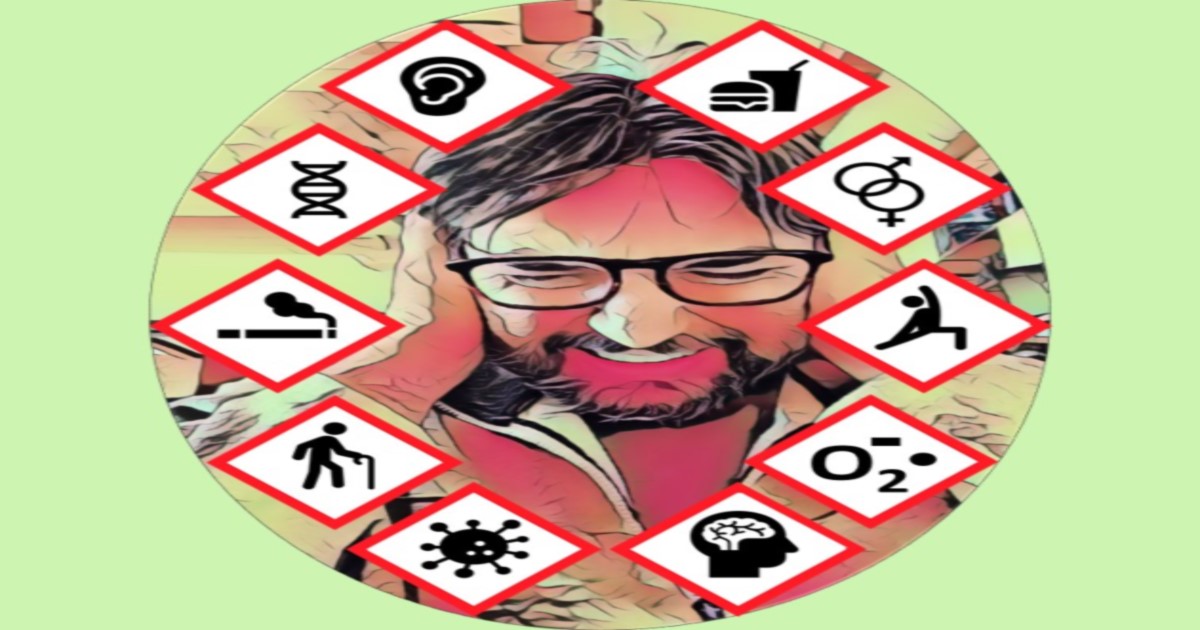Hearing Loss and Tinnitus—Impact of Different Factors concerning Vulnerability-Lifestyle, Nutrition, Epidemiological Factors and Gender
A special issue of Nutrients (ISSN 2072-6643). This special issue belongs to the section "Clinical Nutrition".
Deadline for manuscript submissions: closed (20 October 2022) | Viewed by 26450

Special Issue Editors
Interests: tinnitus; stress; comorbidities; psychometrics; psychology; phenotyping; audiology; hearing aids
Special Issues, Collections and Topics in MDPI journals
Interests: neuroscience; neurophysiology; learning; neurobiology; physiology; neurobiology and brain physiology; audiology; hearing disorders; ear; brain
Special Issues, Collections and Topics in MDPI journals
Interests: cognitive psychology; neuroscience; applied psychology; semantics; cognitive neuroscience; brain; event-related potentials; memory; language; language learning
Special Issues, Collections and Topics in MDPI journals
Interests: tinnitus; mobile health; chronic disease; ecological momentary assessment
Special Issues, Collections and Topics in MDPI journals
Special Issue Information
Dear Colleagues,
The WHO estimated that 430 million people worldwide suffer from moderate-to-severe hearing loss. This number will increase until 2050 to an estimate of around 700 million people who will need hearing rehabilitation.
One-third of the people with hearing loss experience tinnitus, that is, the perception of a sound despite the absence of an external source. Thus, tinnitus is not a rare symptom and affects a significant proportion of the general population. Although tinnitus prevalence rates vary considerably, European studies estimate a range between 11% and 30% and suggest an increased occurrence with age, hearing impairment or male gender. Tinnitus also has a substantial economic impact, with estimated costs for our societies of approximately EUR 117–325 billion annually in the EU. On a phenomenological level, emotional and cognitive difficulties can precede, exacerbate, or result from the tinnitus, and studies point to depressive mood as a key factor in rendering tinnitus distress. Studies have highlighted the effect of acute stress on auditory processing via processes that have also been implicated in anxiety or depression, such as changes in attention and cognition, changes in cortisol levels, or limbic processes.
Moreover, the prevalence of chronic diseases has increased in the last 10 years, with more frequently occurring combinations of several chronic disorders or combinations with chronic and acute disorders. The causal relationship between a single specific factor (nutrition, stress, lifestyle, genetic mutation, injury) and health deterioration is not always applicable in the context of chronic diseases, with their long-lasting course, large variance in patterns of symptom severity and frequency, as well as unclear pathophysiology.
This situation necessarily requires a paradigm shift in approaching the problem: chronic comorbid diseases should be considered as states of a multifactorial and complex system (the human being) that is perturbed and pushed into a pathological, imbalanced state through the influence of multiple factors (genetic background, molecular parameters, psychological factors, events such as trauma or age-related physiological changes, modulated for example by a certain lifestyle, nutrition, hearing ability, smoking, behavioral habits, physical activity, sex, or gender).
This Special Issue of Nutrients aims to focus on a collection of basic research and clinical studies detailing advancements in the field of hearing loss and tinnitus, with a focus on vulnerability factors. The aim is to better understand the trajectory of tinnitus-related maladaptation, to build predictive models for the development of the disturbed system, to identify novel biomarkers, and to develop treatment strategies taking into account the complex phenotypes of comorbidity spanning health- and non-health-related (e.g., nutrition, lifestyle, sex, gender) factors.
Prof. Dr. Birgit Mazurek
Prof. Dr. Holger Schulze
Prof. Dr. Christian Dobel
Dr. Winfried Schlee
Guest Editors
Manuscript Submission Information
Manuscripts should be submitted online at www.mdpi.com by registering and logging in to this website. Once you are registered, click here to go to the submission form. Manuscripts can be submitted until the deadline. All submissions that pass pre-check are peer-reviewed. Accepted papers will be published continuously in the journal (as soon as accepted) and will be listed together on the special issue website. Research articles, review articles as well as short communications are invited. For planned papers, a title and short abstract (about 250 words) can be sent to the Editorial Office for assessment.
Submitted manuscripts should not have been published previously, nor be under consideration for publication elsewhere (except conference proceedings papers). All manuscripts are thoroughly refereed through a single-blind peer-review process. A guide for authors and other relevant information for submission of manuscripts is available on the Instructions for Authors page. Nutrients is an international peer-reviewed open access semimonthly journal published by MDPI.
Please visit the Instructions for Authors page before submitting a manuscript. The Article Processing Charge (APC) for publication in this open access journal is 2900 CHF (Swiss Francs). Submitted papers should be well formatted and use good English. Authors may use MDPI's English editing service prior to publication or during author revisions.
Keywords
- hearing loss
- tinnitus
- nutrients
- modification of biomarkers
- aspects of nutrition
- epidemiological factors
- risk factors
- environmental factors
- degree of severity/burden of disease/factors improving well-being
- lifestyle habits
- health claims
- public health
- new diagnostic methods and novel treatment strategies
- personalized system medicine approach
- psychological intervention
- new technologies (e.g., artificial intelligence approach)
- decision support systems
Benefits of Publishing in a Special Issue
- Ease of navigation: Grouping papers by topic helps scholars navigate broad scope journals more efficiently.
- Greater discoverability: Special Issues support the reach and impact of scientific research. Articles in Special Issues are more discoverable and cited more frequently.
- Expansion of research network: Special Issues facilitate connections among authors, fostering scientific collaborations.
- External promotion: Articles in Special Issues are often promoted through the journal's social media, increasing their visibility.
- Reprint: MDPI Books provides the opportunity to republish successful Special Issues in book format, both online and in print.
Further information on MDPI's Special Issue policies can be found here.









